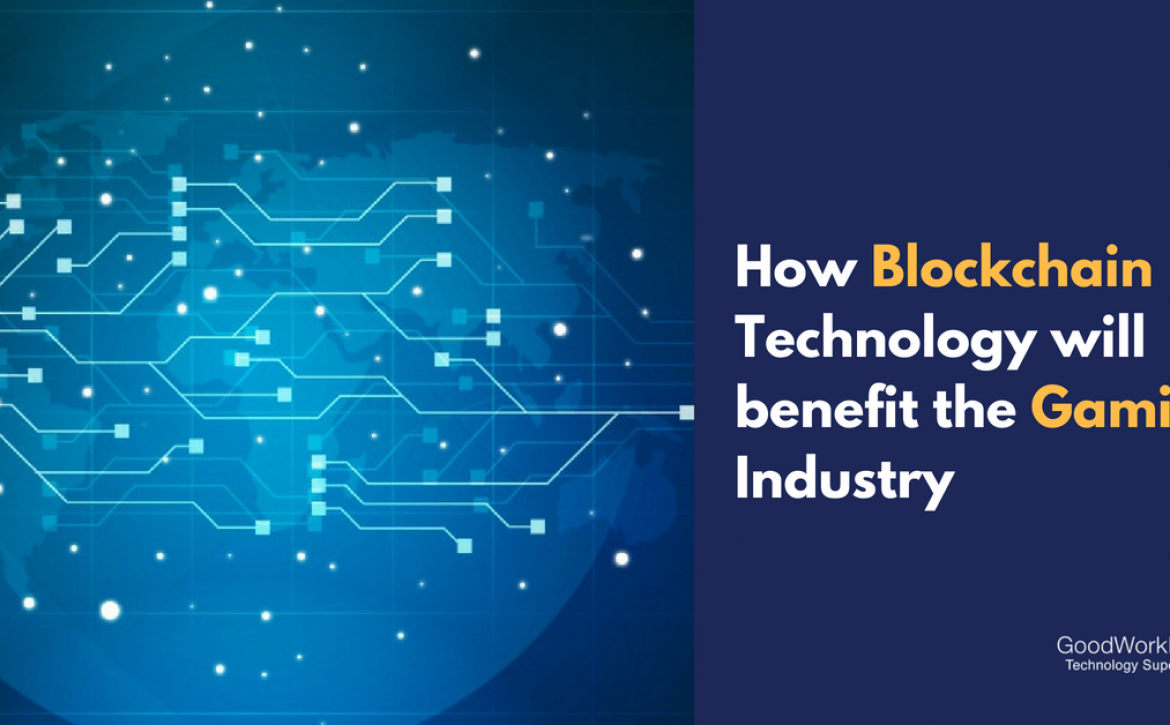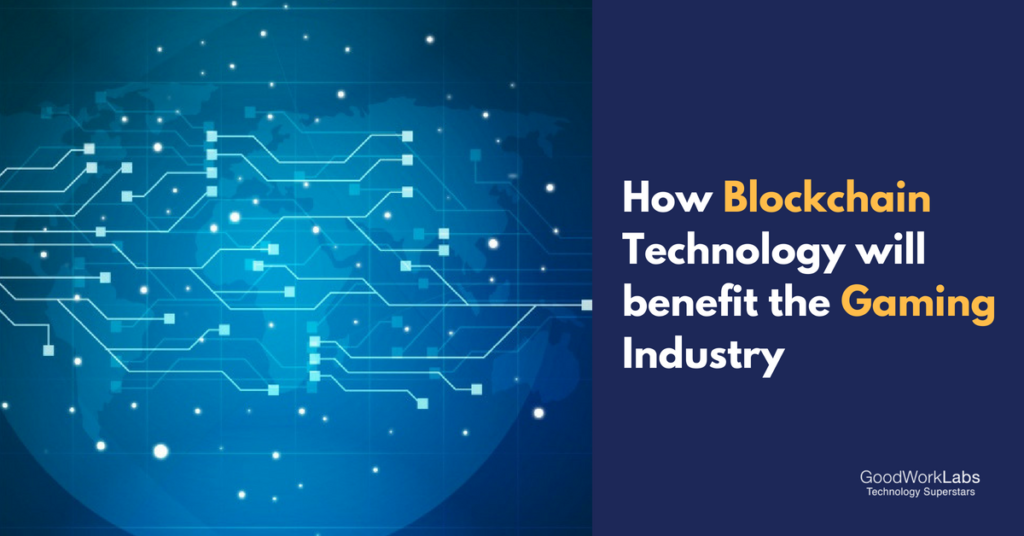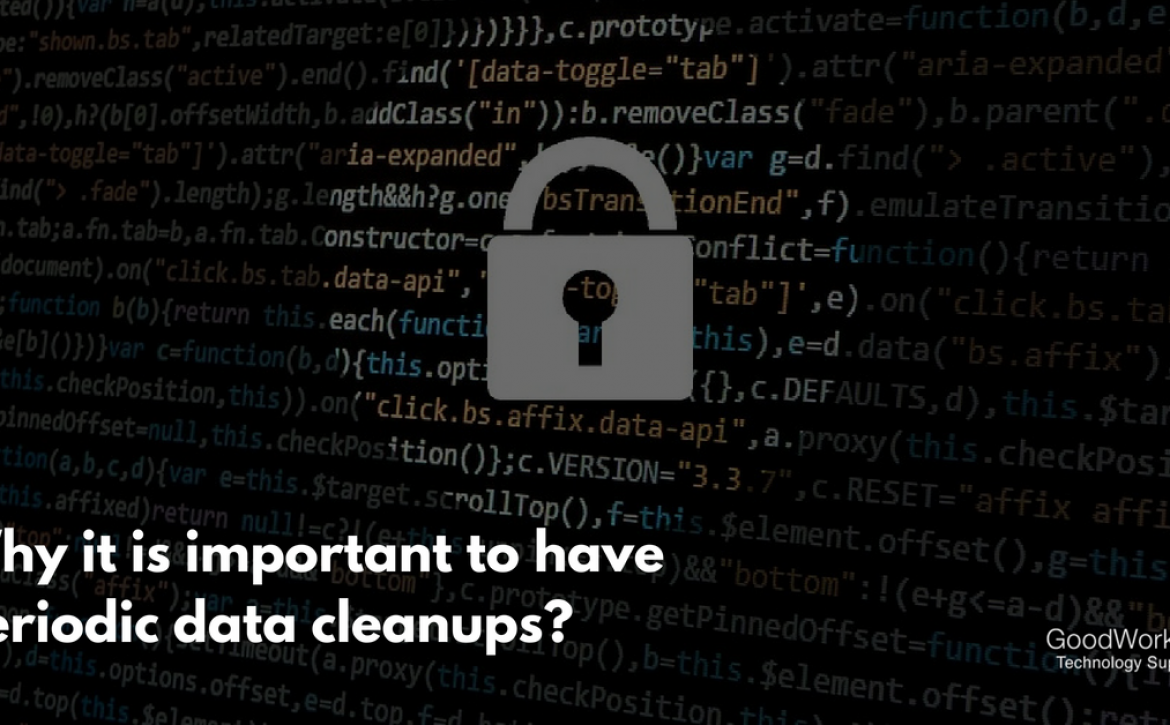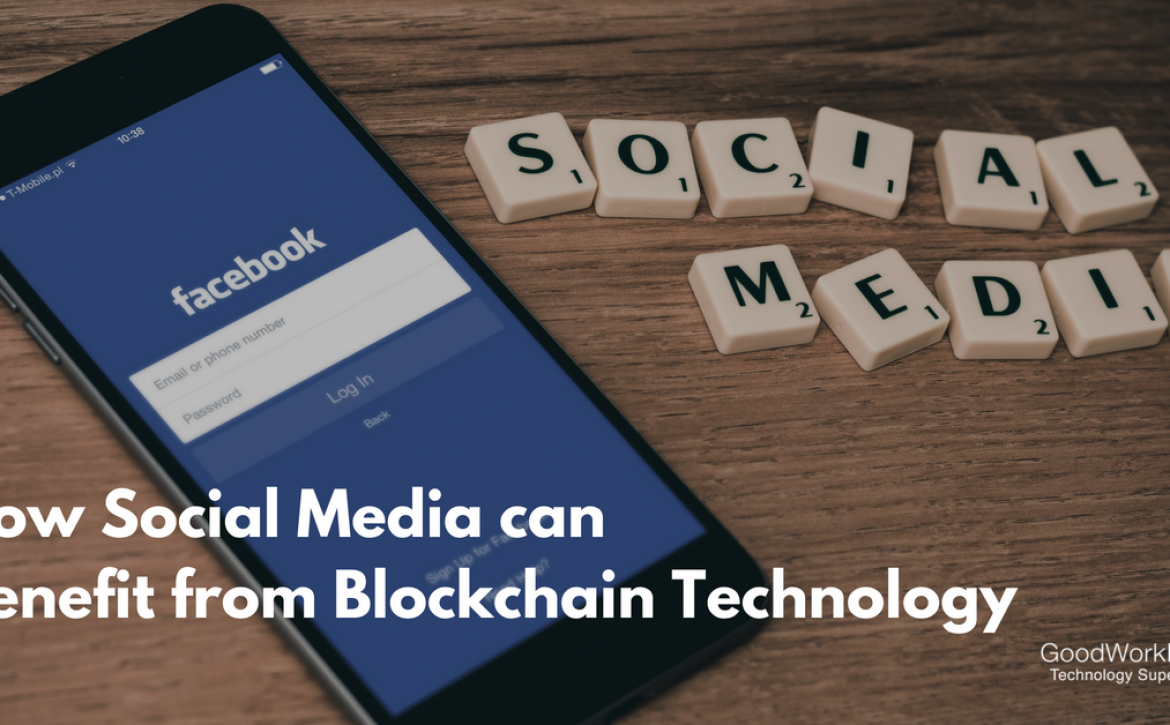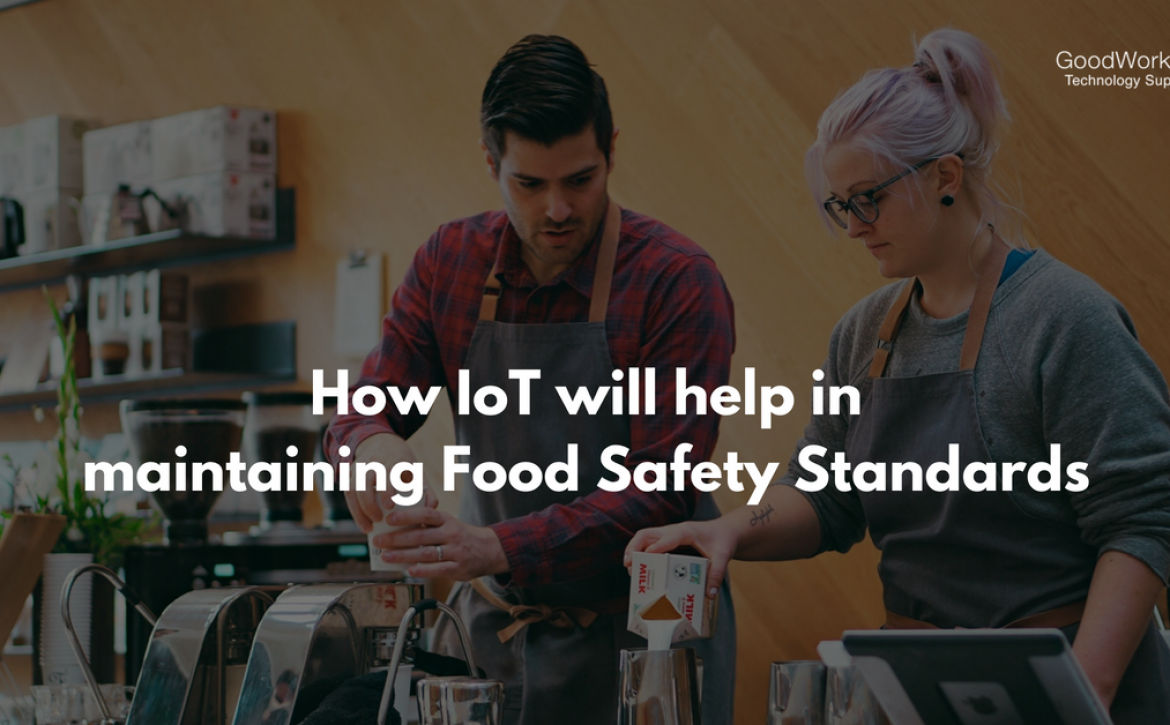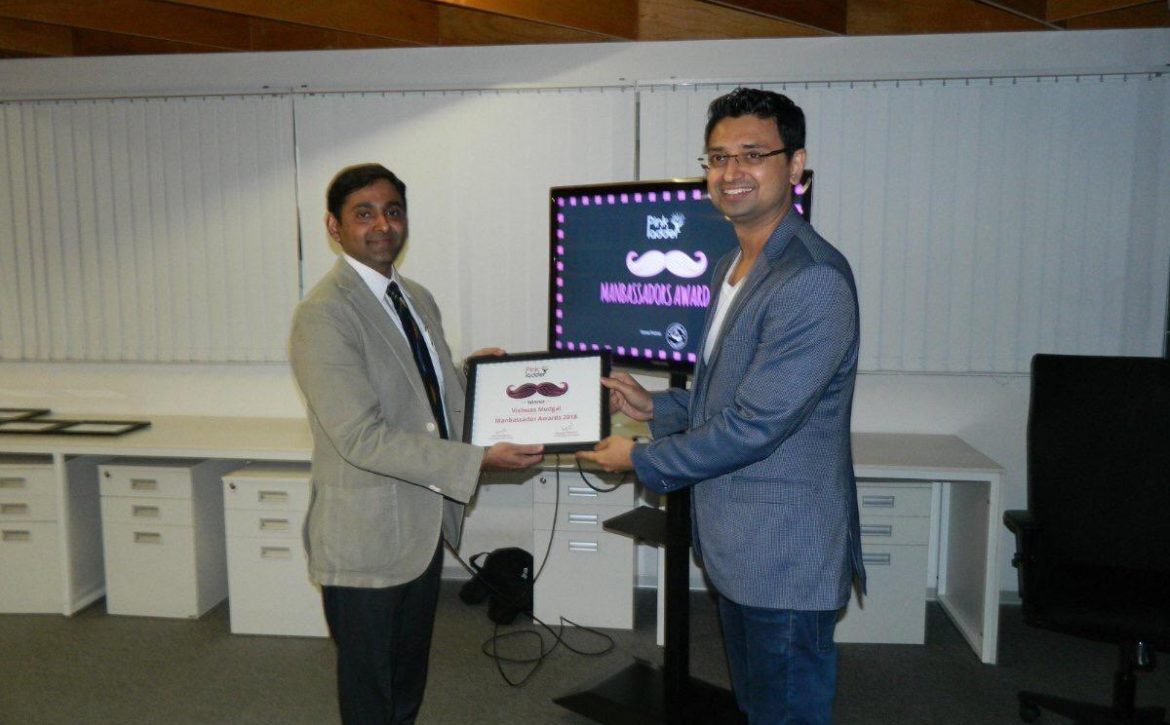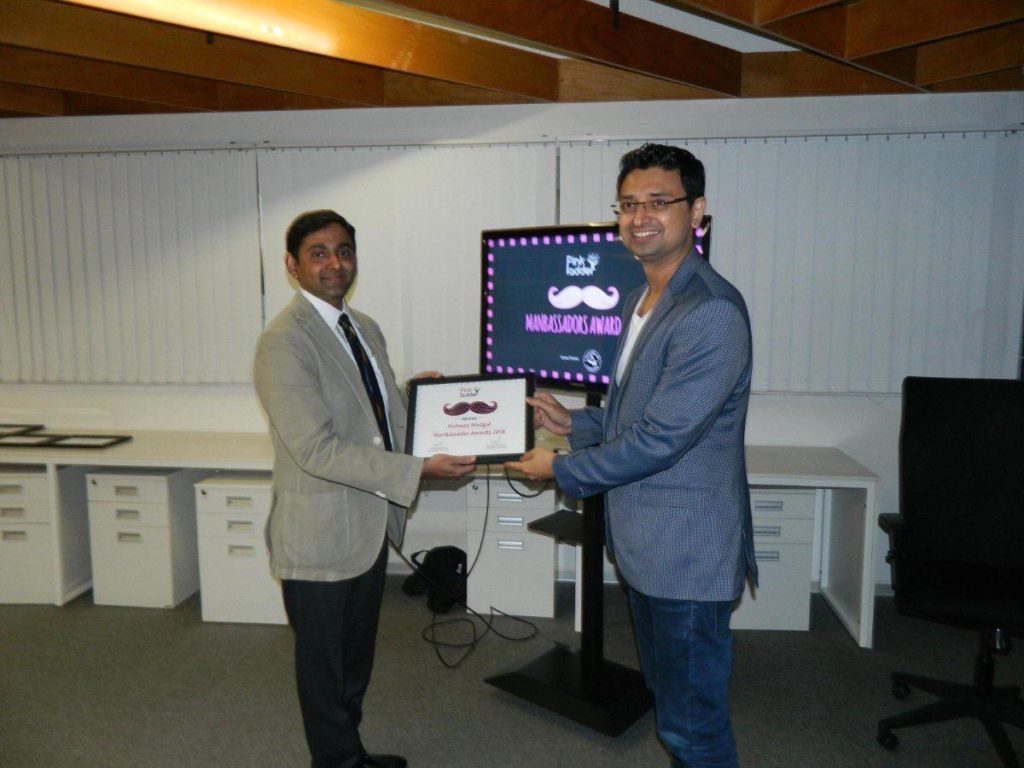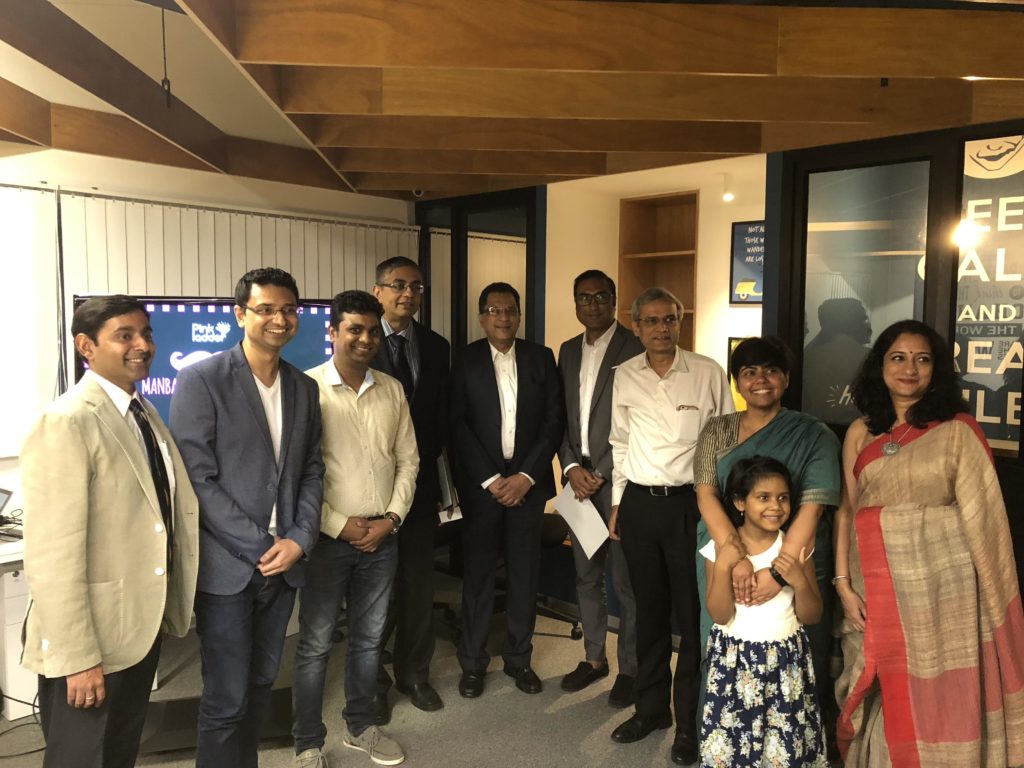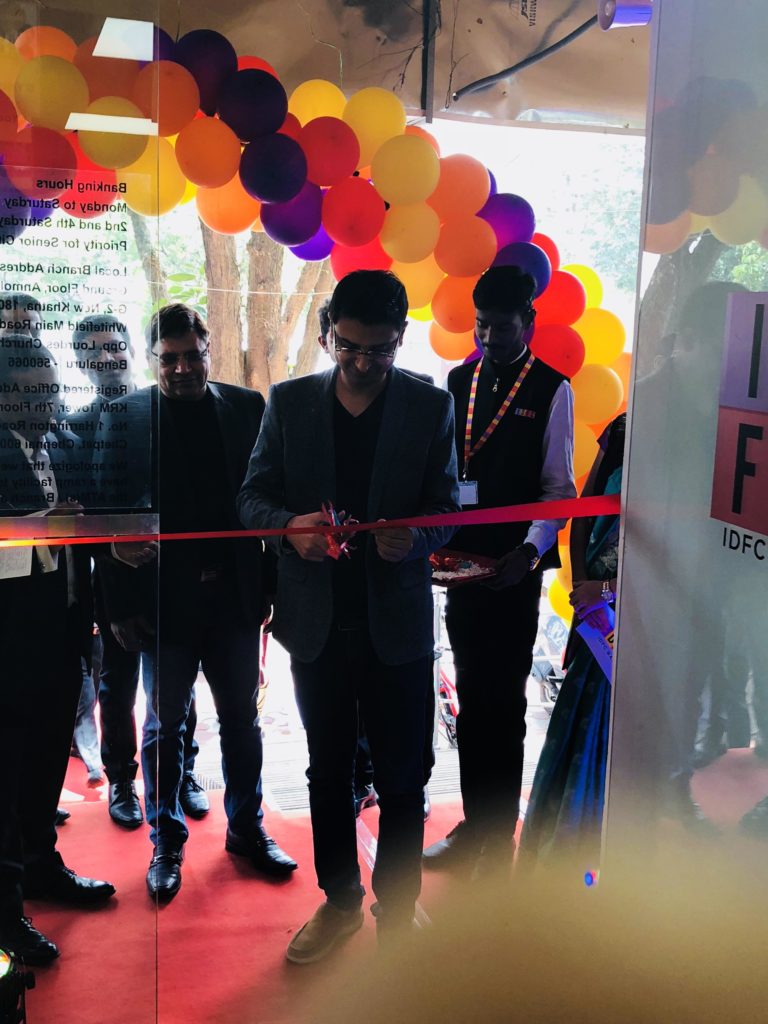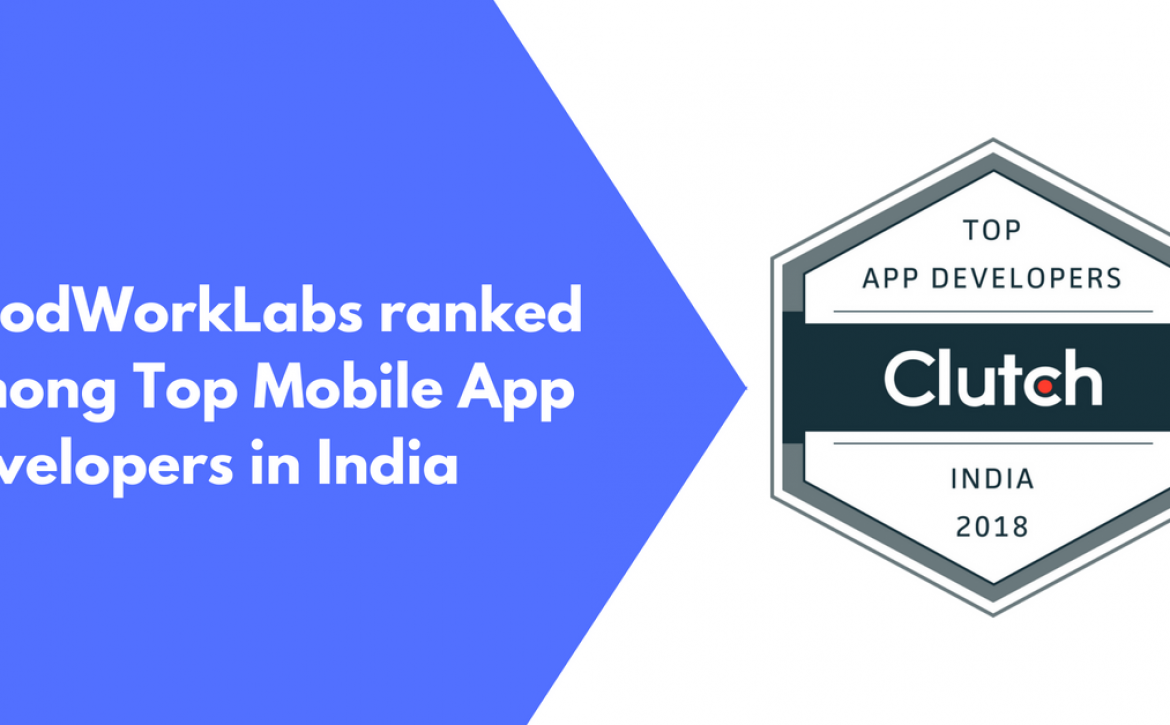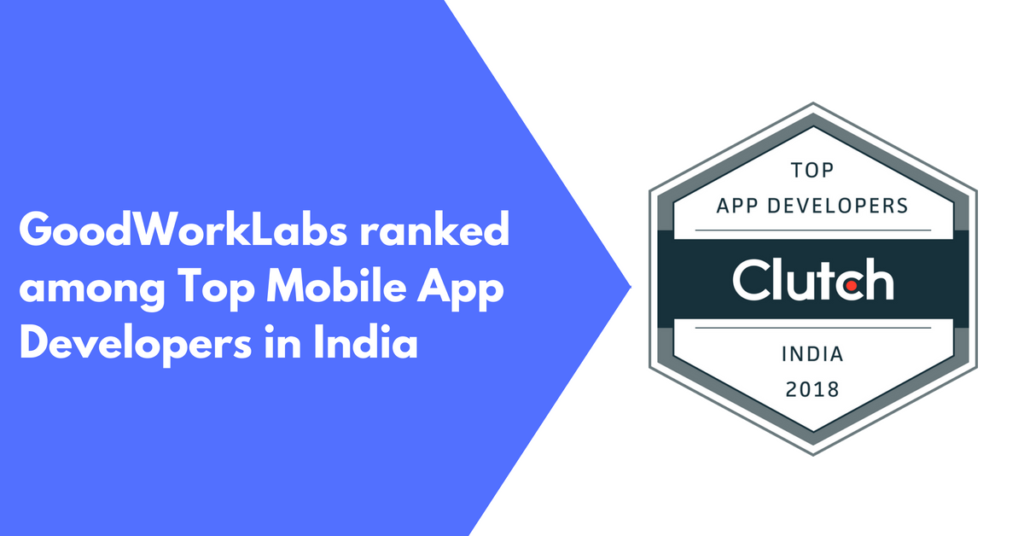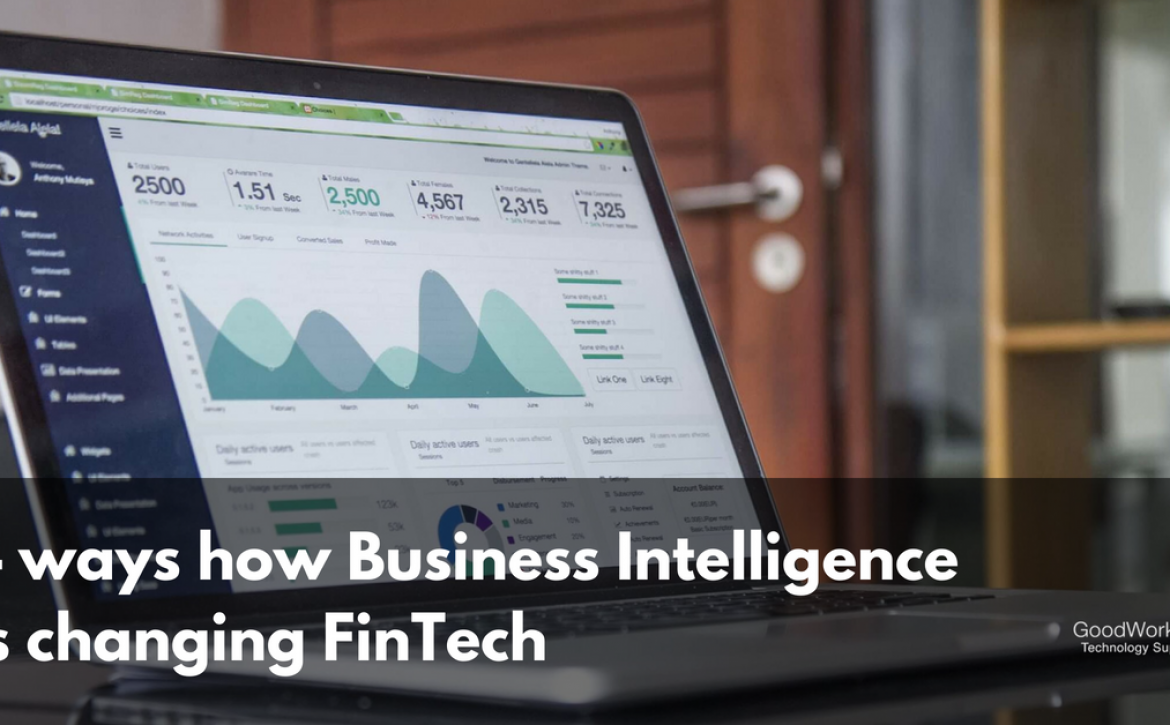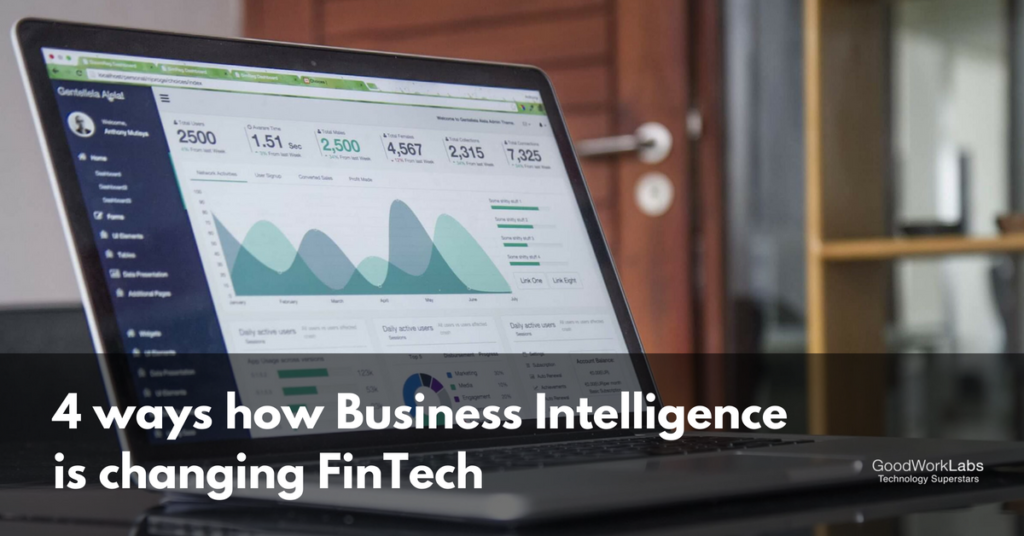How Flutter Will Lead To Better Mobile App Development
Flutter in Mobile App Development
Cross-platform app development is not just a buzz anymore. The industry has accepted it as an inherent property required for today’s market. Flutter is one software developer kit helping developers in this direction.
Working as one of the most reliable open sources, Flutter is applicable for both iOS and Android application development. Google has created Flutter with current digital app demands in mind. This SDK has proven to be helpful for online businesses in sectors such as e-commerce, food, and shopping. Flutter allows businesses to create mobile applications with advanced features such as geolocation, camera, storage, network, and much more.
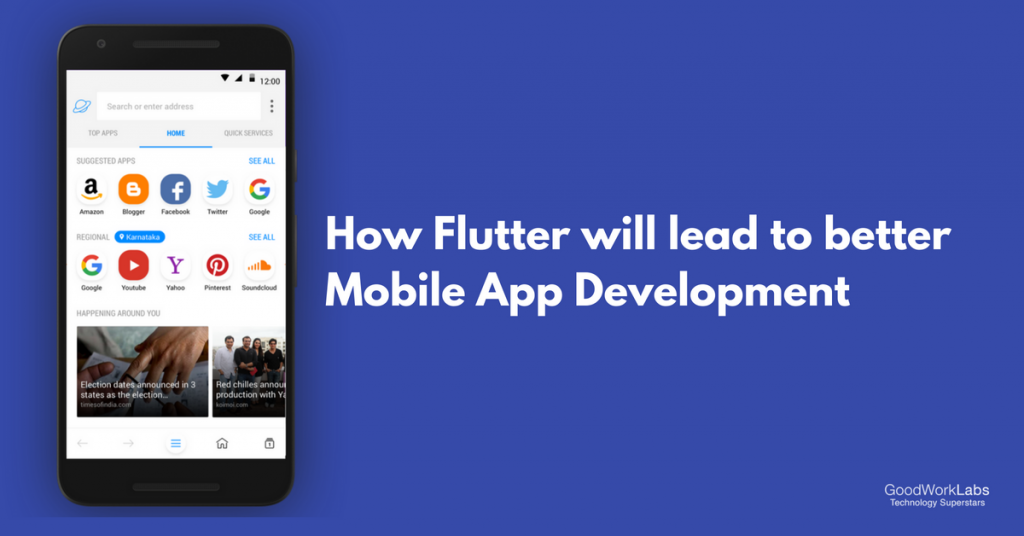
Why is Flutter required in today’s market for App Development?
Flutter is soon gaining traction among developers for its ease in app development. Here are 5 reasons why Flutter is required for App development in today’s market.
1. Vast widget catalog
Using Flutter allows you to access multiple widgets in one catalog. Finding every widget organized in one place makes selection hassle-free. You can decide features and functionalities of your app and conveniently pick widgets. Dart helps you write app code and you can even include IntelliJ plugin to your application.
2. Open source enhances accessibility
Open-source development is another reason why Flutter is needed right now. Easy accessibility decides the success of any app. Which is why open collaboration brings user-friendliness to the table. An app design achieves a whole new level of scope with open source development. There is no other platform where you can find as many choices as in Flutter.
3. Easy app editing
While developing, an app has to go through multiple edits. Some features are added while others a removed. Flutter makes these changes easier. The platform provides Visual Studio code as well as Android Studio code. Using these integrations makes developed product smarter. Different variable types, function definitions and modules are used to create changes. In fact, a developer can also conduct push or pull via SCM service.
4. Dart matches Java features
Flutter gives you Dart that matches with Java in terms of feature similarities. That similarity allows developers to make a shift without any trouble. Editorial integrations, widget quality, and application features come together to make it a perfect kit for mobile app developers.
5. Single codebase for Android and iOS
With Flutter, mobile applications can achieve cross-platform functionality. A single codebase works on Android as well as iOS. So, there is no need to worry about shifting from one platform to the other and write the app from scratch. The app codebase works on both platforms, making your app more secure and protected in terms of patents.
All in all, Flutter is here to improve the standards of mobile app development projects. It is giving superior UI experience to the apps and providing feature addition capacity during an ongoing development project. The compatibility reaches the roof with Flutter, as it comes with customizable widgets.
However, all the benefits of Flutter come down to the expertise of the developers. Your team of mobile developers has to understand this technology and apply themselves completely. Companies that know how to leverage Flutter will lead mobile development to its future.
Hopefully, you feel ready to leverage this mobile development technology to your business advantage.



